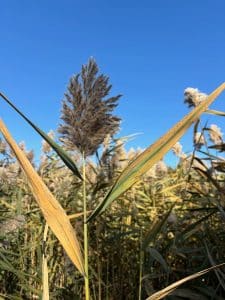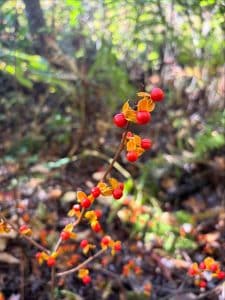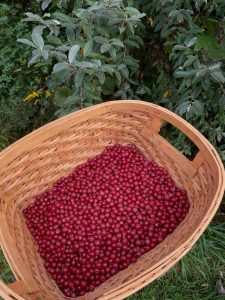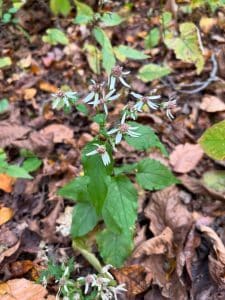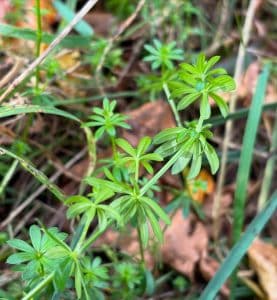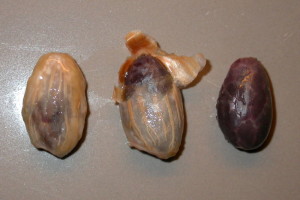
Many plants produce a substance known as mucilage, it is also produced by some fungus, bacteria and animals. Mucilage is a thick, gluey substance, produced by almost all plants but found in higher concentrations in specific species. If you’ve ever cut open an Aloe vera plant then you know what mucilage is, it’s what makes the inside of the plant wet and slimy, Aloe vera is a plant that produces large amounts of mucilage. If you can feel the mucilage in a plant then it is described as being mucilaginous.
The primary reason that plants produce mucilage is to help store and transfer food and water, this is why cacti are filled with a mucilaginous substance. Some plant seeds are covered in mucilage to help retain water during seed germination, a good example of this is the cocoa seeds.
Mucilage is edible for humans, and although it is slimy, usually plants containing a lot of mucilage are considered to have a refreshing texture, especially in hot, dry climates. Some common plants that contain noticeable amounts of mucilage are: Rose of Sharon, Ocra, Marsh Mallow( and other Mallows), and Violet.
Mucilage has a history of being a medicinal substance. Primarily mucilage has been used to treat irritated areas such as for sore throats or irritated gastrointestinal tract. The substance forms a film which protects the nerves and tissue in the affected area from further irritation. External salves such as Yard Plantain wound dressing also contain mucilage to help sooth and protect the wound.
Many of our readers find that subscribing to Eat The Planet is the best way to make sure they don't miss any of our valuable information about wild edibles.
See our privacy policy for more information about ads on this site


